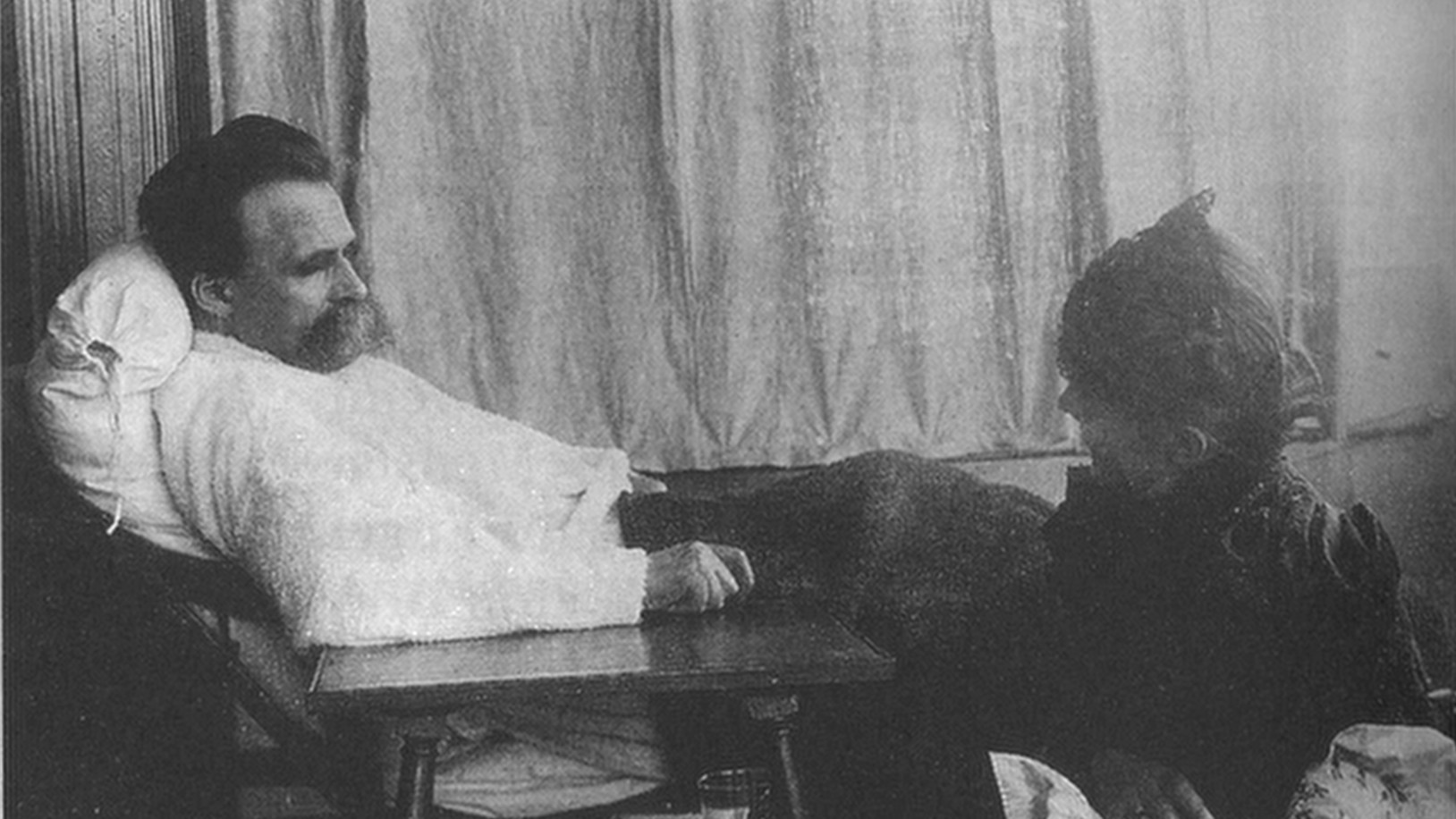The “Nietzsche Thesis”: Why we don’t really care about truth

- The notion of “epistemic vigilance” argues that humans are naturally equipped to detect lies and gauge the reliability of others.
- Studies and philosophers like Joseph Shieber challenge this idea, indicating humans are not as adept at deception detection as once thought.
- Shieber’s “Nietzsche Thesis” posits that our true aim in conversation is self-presentation and social standing, not necessarily truth-seeking.
At the end of his life, Herman Melville (author of Moby-Dick) wrote a book called The Confidence-Man: His Masquerade. The novel is set aboard a steamboat and is a collection of vignettes involving conmen, cheats, and chumps. In Melville’s world, people are divided into three kinds: trusting dupes, suspicious cynics, and hustlers. You do not have to read The Confidence-Man to know how it ends — the gullible come last. They get chewed up and spat out. Any dupe with money will, you can be sure of it, soon be poor.
Humans lie all of the time. You’ve probably lied quite recently, considering most of us lie around 30 times a day. Lying is one of the most important tricks we have to get an advantage over each other. And so, human communication often involves a kind of arms race. People will try to deceive you, and you will develop tools to call their bluff. People will try to sell you something, and you will learn to smell a rat.
This led some philosophers and psychologists to coin the idea of “epistemic vigilance.” Epistemic vigilance is the argument that we possess an arsenal of tools to identify and call out lies. In a seminal paper on the topic, Sperber et al. argued that “humans have a suite of cognitive mechanisms for epistemic vigilance, targeted at the risk of being misinformed by others.” We have a built-in lie detector.
But according to one recent paper, it’s time to call BS on our BS detectors.
The argument for epistemic vigilance
There are two strands to the argument for epistemic vigilance. The first is that adults are constantly calibrating how reliable we consider others to be. We tend to be a “truth default” species, which means we assume most people at least start out as being honest. Over time, if someone tells a lie or gets something wrong, we calibrate our epistemic vigilance. We say, “Okay, Alex clearly knows nothing about soccer, so I’m not going to ask him again.”
The second observation is that children learn very early whom to trust or not trust. The psychologist Pascal Boyer observed that infants “seem to be sensitive to the difference between expert and novice agents. Later, toddlers use cues of competence to judge different individuals’ utterances, and mistrust those who have been wrong in previous instances, or those who seem determined to exploit others.”
The argument therefore goes that humans are born with a certain skill or vigilance for seeking truth over falsity. We have epistemic vigilance.
A logical misstep
The philosopher Joseph Shieber thinks that something’s wrong here. He does not dispute the fact that we are vigilant — the evidence seems to point that way — but he does dispute calling this epistemic vigilance.
The problem is that humans have been shown, again and again, to be especially bad at telling truth from falsehood. As Shieber puts it, “Despite many decades of research, the findings are remarkably consistent in demonstrating that humans are quite poor at deception detection.” If we have a built-in lie detector, it’s hugely inaccurate, often turned off, and usually distracted by other things.
We also aren’t very good at telling whether someone is competent. Two studies — from 1996 and 2005 — showed how people use non-epistemic factors to determine whether someone is good at their job. We wrongly think that someone with the right face is competent, or that someone who walks, talks, and holds themselves a certain way can reveal their ability. In reality, none of these factors reliably account for competence or trustworthiness.
The Nietzsche Thesis
So, we are left with two facts. We are vigilant about what people are saying, but our vigilance is not based on epistemic grounds. So, what kind of vigilance is it?
For that, Shieber coined the expression “The Nietzsche Thesis.” He argues that “our goal in conversation is not primarily to acquire truthful information… [but] self-presentation.” In other words, we accept or reject statements based on utilitarian goals, not on their truthfulness. In Nietzsche’s words, we will accept and look for truth only when it has “pleasant, life-preserving consequences.” Conversely, we are hostile “to potentially harmful and destructive truths.” We do not have epistemic vigilance, but a Machiavellian one.
There is one important observation about modern society that might lend credence to Shiber’s ideas: the popularity of conspiracy theories and echo-chamber nonsense. If epistemic vigilance were true, we would all be fact-checking and dismissing conspiracists all the time. But we don’t. When a charismatic or compelling speaker delivers a statement, we accept it much more often based on Machiavellian lines. I will nod along if others nod along. I will accept it if it preserves my social status.
Shieber’s thesis raises huge questions not only for philosophy but also for law: If people aren’t wired for the truth, then how reliable is testimony? It’s also an important point to remember in our interactions with each other as well as in what we read, hear, or see online. It’s good to remember that we are both very bad at, and little concerned with, the truth. Far more often, we’re concerned with other, non-epistemic, things.





